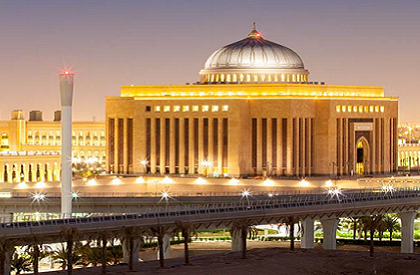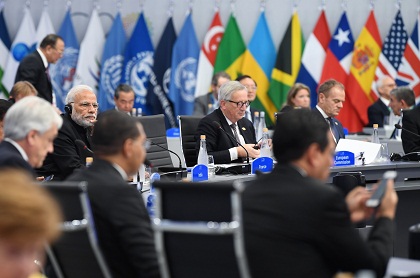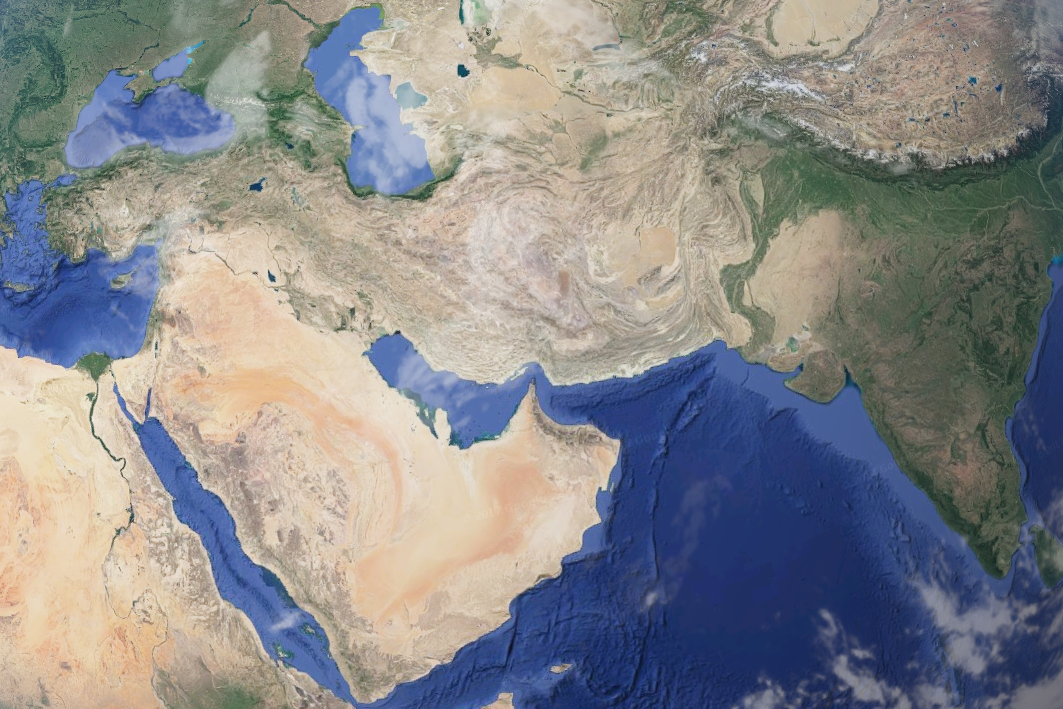Post-Abqaiq Saudi Arabia
The immediate panic in the aftermath of the missile attack on Saudi Aramco’s facility at Abqaiq underlines the still-critical role of the Kingdom to the world economy. The subsequent recovery of oil production – with no disruption – showed that Saudi Arabia is a reliable partner/guarantor of energy supplies. Our Energy and Environment fellow Amit Bhandari was in Riyadh recently for a conference, and describes a post-Abqaiq Saudi Arabia









